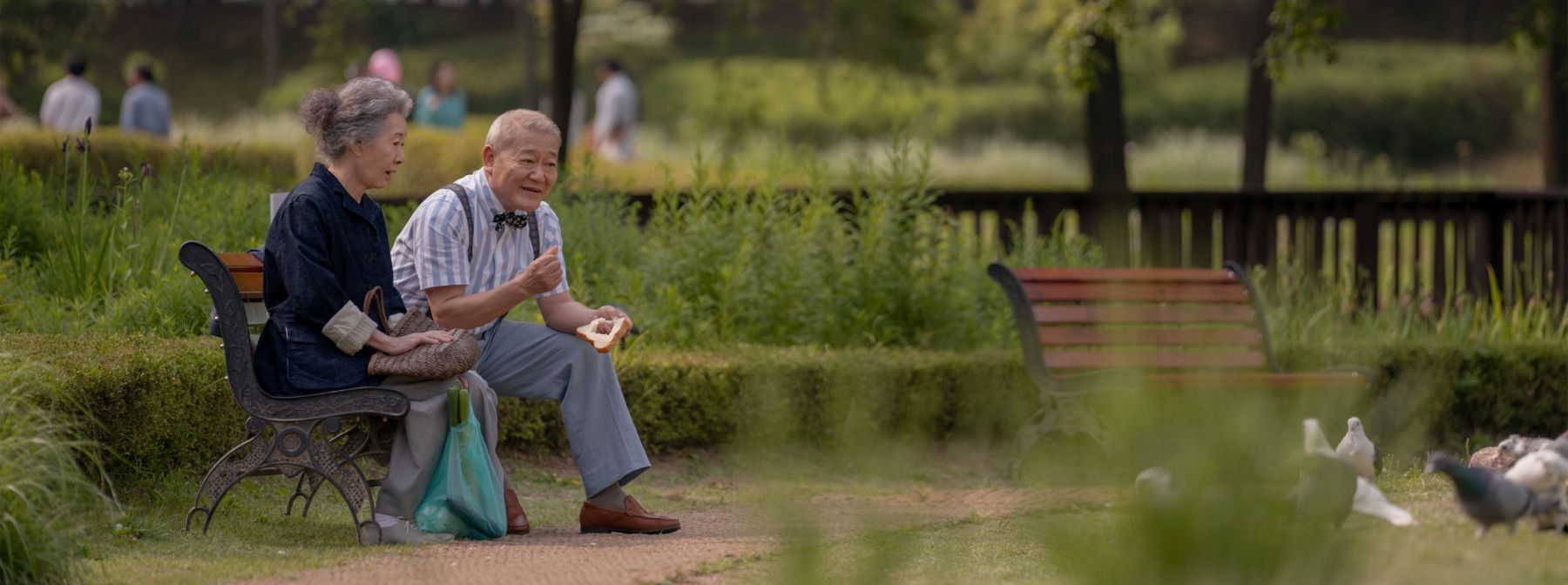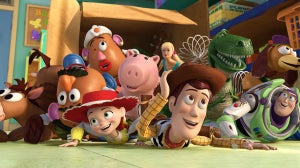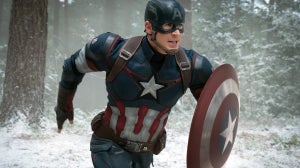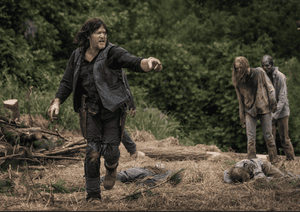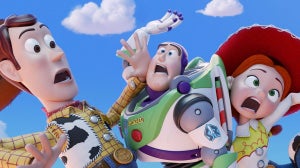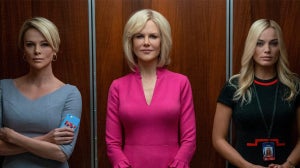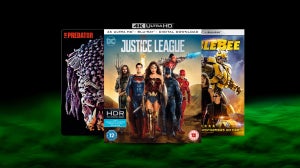
Premiering this Friday (23rd August), the new season is divided between war-torn Japan in the final days of WWII, and the pre-financial crash world of business in 1989. We open in 1945, seven years after the end of the previous season, to see that Sunja (Minha Kim) has grown more resilient in the years since initially moving from Korea to Japan, still selling Kimchi, and further settled into being a mother of two.
Famously, Pachinko was only Kim’s second ever acting role, and it almost wasn’t to be; the casting director watched her audition tape accidentally when looking for a completely different actor to call back for the part. Once again, it’s easy to forget she’s a relative newcomer from the second she appears onscreen here, managing to play a character facing various hardships over the course of nearly two decades.
“Seven years has passed since the last episode of the first season, and I knew I needed to convey a clear difference from who she was then”, Kim told Zavvi. “I made my own stories for what she’s been through, imagining the things that had changed in her life, and how her relationships have changed, how those made her deeper and stronger.
“I didn’t try to focus on the hardship that she’s facing though; I don’t want to get to a place where I feel sorry for her or start to pity her. I wanted to view her circumstances from another perspective; how she deals with every incident and can grow and thrive from it.”
The opening episodes of season two see Sunja and her family evacuated from the city to the countryside, delicately developing the relationships between Japanese and Korean characters of all generations as bombs fall in the distance. With such intense material to work with, I was surprised to discover what Kim found the most difficult learning curve of this season.
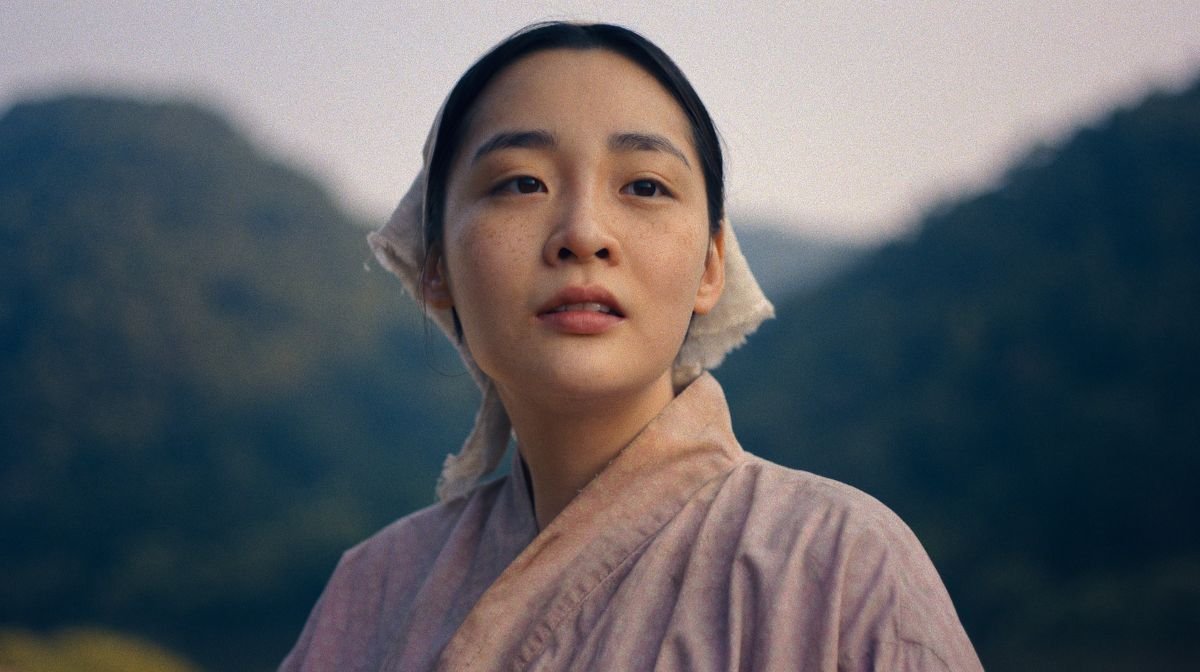
“I’ve never been married and I don’t have any kids, so motherhood was the biggest challenge for me! Working out how to convey those relationships took a long time before I got on set, I had to have a lot of conversations with my parents and my grandmother – and then, when I got to set with the kids, that parent/child relationship ended up coming naturally.”
Of course, Sunja’s story is just one part of a larger puzzle, featuring one of TV’s most sprawling ensemble casts. Creator and showrunner Soo Hugh is upfront that this balancing act, to ensure no characters from either generation were left out, was the toughest writing challenge this time around.
She told Zavvi: “I mean, we love all of them, but we did find ourselves asking if we took on too much by adding more characters and storylines to the mix. But if the question ever arose of cutting something out, that erasure would feel significant, so finding a way to include all these storylines became the trickiest balancing act of all.
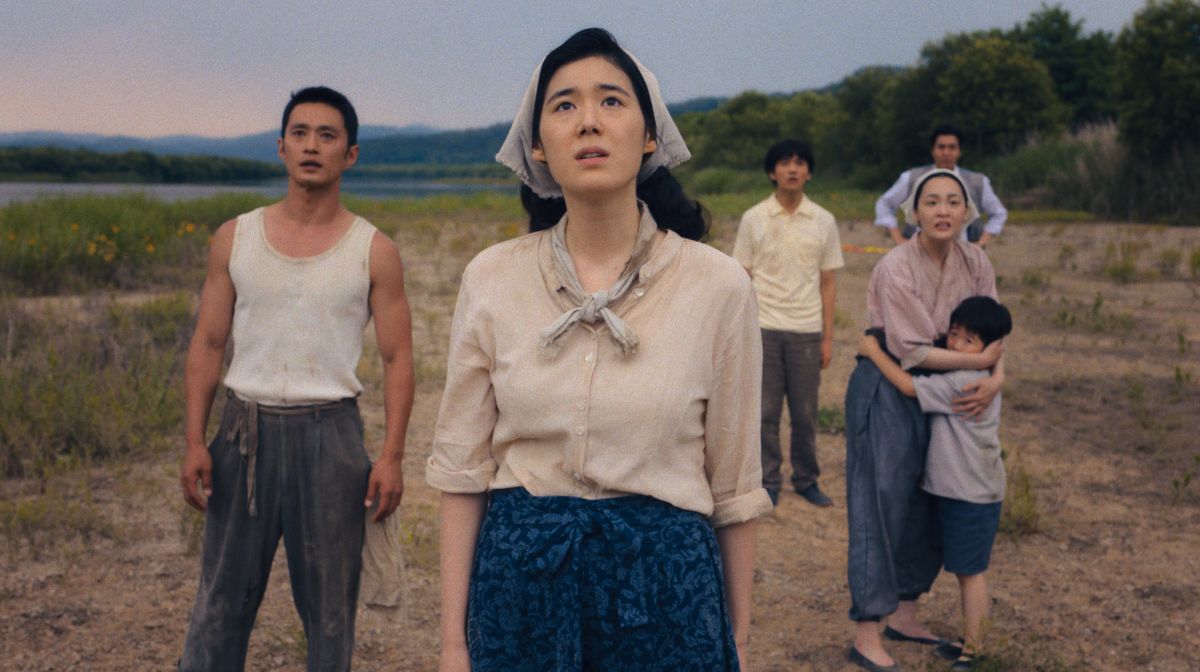
“What I love is that this becomes a conversation between the book and the TV adaptation; we love the book so much, and we want to honour the book’s DNA out of respect for it. But at the same time, we know we must make departures for this to work, especially when it’s being reinvented as an ongoing series.”
The show’s dedication to capturing authentic historical detail is clear once again, with Hugh realising early on that she needed to go back to the drawing board to research a period she assumed she knew like the back of her hand.
“I thought I knew World War Two really well, but I quickly realised my knowledge was entirely from an American perspective, which doesn’t factor into this at all. I didn’t know the conflict from a Korean perspective, or from Japan’s ground perspective, and researching those accounts was eye opening – I felt embarrassed and ashamed I wasn’t aware of a lot of it.
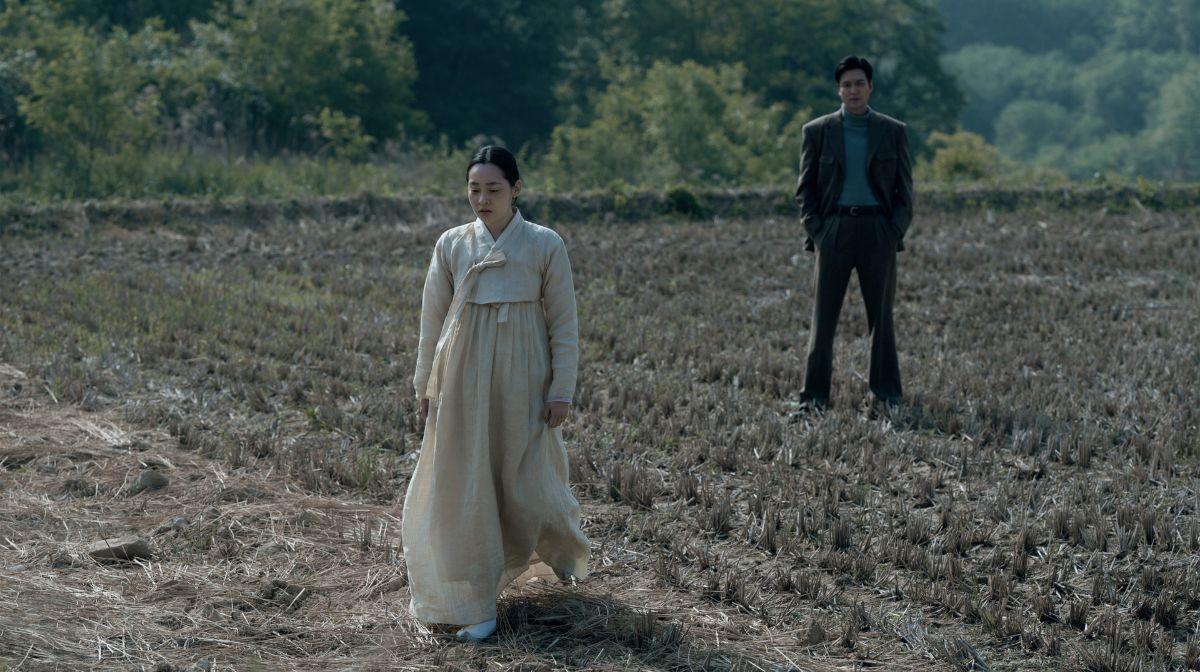
“It speaks to how education systems in general or so myopic in how I couldn’t be aware of the scale of the destruction and the toll firebombings can take on a country. If anything, I wish we had more time to explore it here, as it’s so crucial to this series.”
However, we don’t see much of the devastation in the cities, with the family relocated to a rural rice farm early on. What Hugh wasn’t prepared for going in, however, was that the team would need to devote a lot of time to becoming farmers themselves.
“We knew that the story would cover various seasons, so our production design team knew that we’d need rice at different stages of growth. I just thought we’d need to buy fake rice for the different scenes, but we discovered it was far cheaper to plant real rice and tend to the farm ourselves, which we never even considered was a possibility.
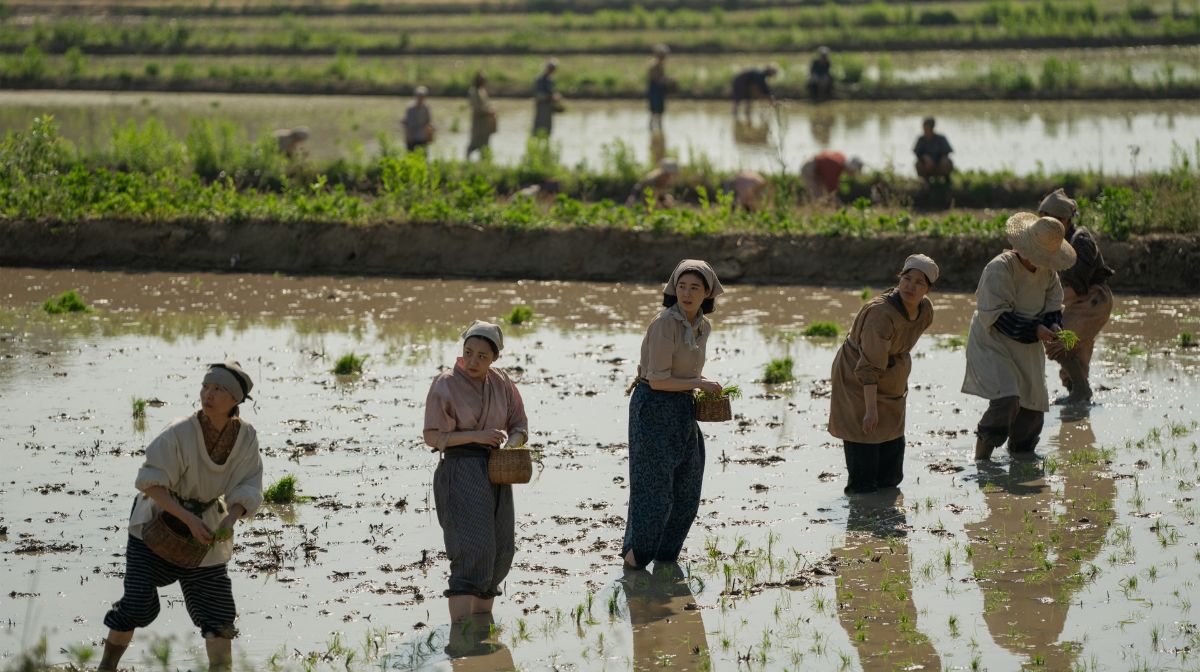
“Making those show takes us to so many cities across Korea and Japan, as well as Toronto. In Korea, we were in a different hotel every night, I lost count of the number as the schedule was so brutal, so it was nice to have the farm!”
In the 1989-set storyline, we’re reintroduced to Solomon (Jin Ha) fighting to hold onto his job after letting his conscience get in the way of making an elderly Korean woman sell her home in season one. If you’re familiar with the book, you’ll know this leads him to even shadier business dealings this time around, and Hugh had a very specific character she was using as a template for him.
“Maybe it’s just because I grew up watching The Godfather, but I’ve always thought of Solomon as the Michael Corleone of this family. Michael went to Dartmouth and was supposed to be the son who could bring the family into respectability, but it was always going to be hard to wash off the shame of his father’s crimes.
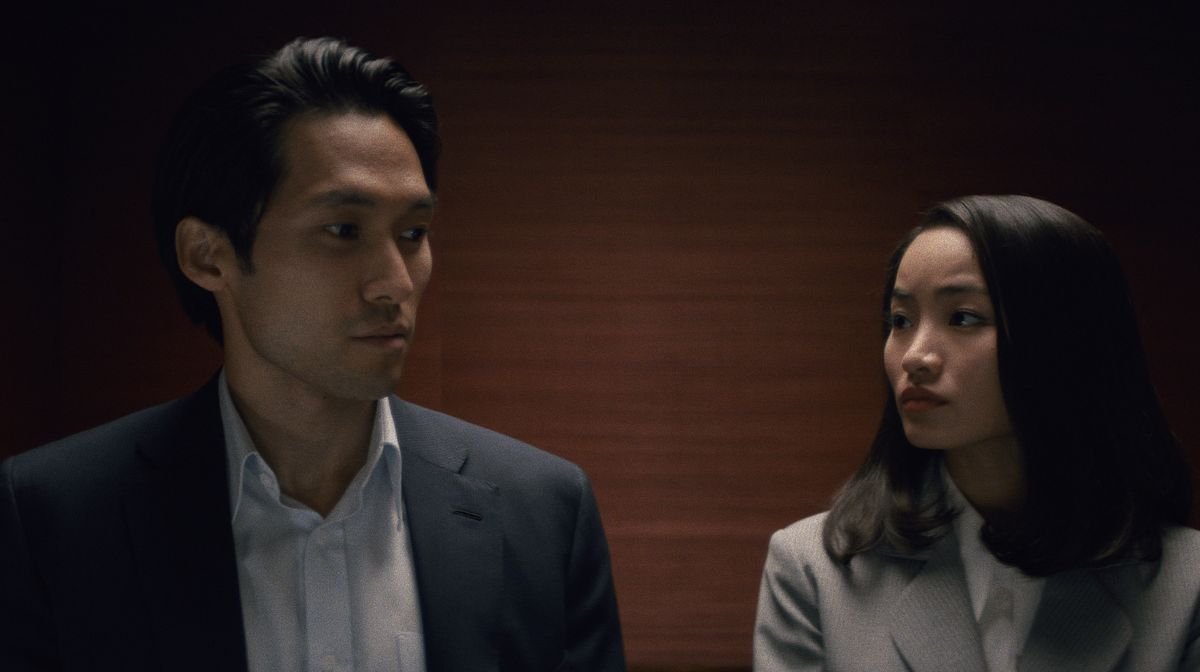
“Solomon was also supposed to be the kid that was going to make it, that was going to prove that you can study hard and play by the rules, and that society will reward you for it. Instead, I think he faced what Michael faced in that the past has sucked him back in and forced him to make decisions he didn’t want to make.
“The more we see his turmoil, and the more he ventures towards that dark underbelly, the question is how far he’s going to go towards that moral gray line – and will he cross it?”
The novel is split into three distinct sections, with the 1961-1989 section largely unadapted in the series. Hugh says it would be a privilege to be able to adapt that in a potential season three, but both her and Kim are aware that they need fans to remain on board through this second instalment first.
As Kim concluded: “This show isn’t about historical events, but the individual family stories, that I always feel I have a great responsibility to tell. What our audience loves about this show is that, even though Sunja’s story relates to a specific era and the suffering of a certain people, there are strong, resilient women like her around the world even now.”
Season two of Pachinko premieres on AppleTV+ on Friday, 23rd August.
